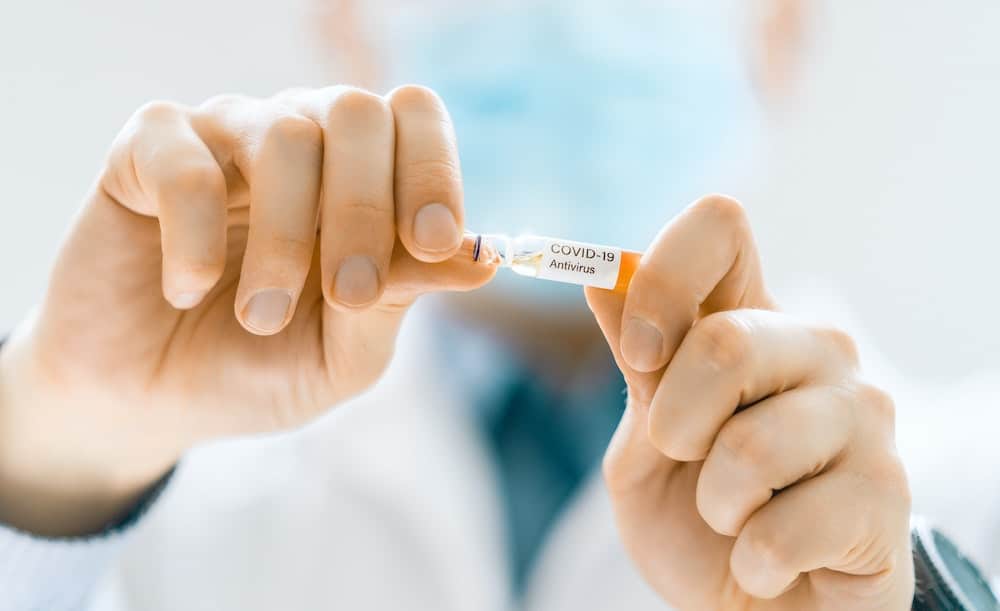You may be asking, "What does technology have to do with food waste?" Surely, technology cannot prevent a cucumber from rotting or stop a loaf of bread from going stale. We tend to think of food waste as an unavoidable result of time, temperature, or improper storage. Well, the answer to this question might surprise you. In this article, we will delve into the fascinating world of sensor technology, and how it is being utilized in supermarkets across the UK to combat food waste.
Sensor Technology in Food Supply Chain
Sensor technology is a game-changer. Its role in the food supply chain, right from the farm to your shopping basket, is significant and revolutionary. By gathering and analysing data at every stage of the food chain, sensor technology helps maintain the freshness and quality of products, ultimately reducing the waste.
Dans le meme genre : How to Integrate Blockchain Technology in UK’s Supply Chain for Pharmaceuticals?
From the very outset, sensors are essential. They monitor various factors such as soil pH levels, humidity, and temperature to optimise crop growth. Once harvested, the products are then kept in storage facilities where sensors constantly monitor conditions to ensure they remain fresh.
Additionally, transportation is another crucial phase. Sensors installed in transport vehicles provide real-time data about temperature and humidity, ensuring the products are transported under optimal conditions. This system drastically reduces the loss of product quality during transportation.
Sujet a lire : Can Machine Learning Algorithms Improve Diagnostic Accuracy in UK Hospitals?
Sensor-Based Packaging
Sensor-based packaging is a revolutionary technology in the food industry. It is a packaging system that integrates sensor technology to monitor and provide real-time data about the product’s life.
The sensors embedded in the packaging can detect factors like temperature, humidity, and gas. This data helps determine the freshness of the product. If there is any change in these factors, the packaging changes colour, indicating that the product might no longer be fresh. This intuitive packaging allows both retailers and consumers to identify and sort out the products that are most likely to go bad first.
Real-time Shelf Life Monitoring
The shelf life of a product is a critical factor in preventing food waste. Products nearing their expiry date contribute significantly to such waste. Sensor technology provides a solution to this problem with real-time shelf-life monitoring.
Sensors placed on supermarket shelves can monitor the product’s life in real-time. For instance, they can detect a drop in product quality or an approaching expiry date. When such a situation arises, these sensors send alerts to the supermarket staff. This allows the staff to take immediate action, such as reducing the price for a quick sale or removing the product from the shelf.
Data-Driven Waste Management
One of the most valuable assets of sensor technology is the data it provides. This data can be used to make informed decisions about waste management.
Sensors can track the quantity, condition, and shelf life of products in real-time. They can also analyse historical data to predict future waste trends. For example, if the data reveals that a particular product has a high wastage rate, supermarkets can adjust their ordering practices.
This data-driven approach prevents overstocking and understocking, ensuring that the right quantity of fresh products is available for customers. This not only reduces food waste but also leads to cost savings for supermarkets.
Improved Storage Systems
Storage plays a crucial role in maintaining the freshness and quality of products. Sensor technology has significantly improved storage systems in supermarkets, thus preventing food waste.
Modern storage systems equipped with sensors can monitor and regulate temperature, humidity, and light. Additionally, they can detect harmful gases that could cause food to spoil. If any of these parameters deviate from the optimal range, the sensors send alerts for immediate action.
The ability to maintain optimal storage conditions through sensor technology ensures that products remain fresh for a longer time. This, in turn, extends the product’s life, reducing the chances of it going to waste.
As we’ve seen, sensor technology plays a vital role in preventing food waste in UK supermarkets. By providing real-time data, facilitating improved packaging and storage, and enabling data-driven waste management, sensor technology stands as a beacon of hope in the fight against food waste. Not only does it help in reducing waste, but it also promotes cost savings and sustainability. And while technology might not be able to stop a cucumber from rotting, it certainly can help us know when it will, and take necessary action.
Case Study: Imperial College London’s Research on Sensor Technology
To further illustrate the impact of sensor technology on reducing food waste, it’s worth highlighting a study conducted by Imperial College London. In this pioneering research, the college examined the use of sensor technology in the cold chain management of frozen food.
The cold chain refers to the supply chain system that maintains a constant temperature for perishable products from the time they are harvested or processed to the time they reach the consumer. The study focused on frozen food products, which are particularly prone to spoilage if not stored at the correct temperature.
Using sensors to monitor temperature in real-time, the research identified any deviations from the optimal range that could spoil the food. The sensors also helped in pinpointing where in the supply chain these temperature deviations were occurring.
The study found that sensor technology allowed for quick intervention, minimizing the amount of food that was wasted. In addition, it also improved food safety by preventing the sale of products that could potentially be unsafe due to improper storage conditions.
The Imperial College London study serves as a testament to the significant role sensor technology can play in reducing food waste and improving food safety.
The Future of Sensor Technology in Preventing Food Waste
Looking ahead, the role of sensor technology in preventing food waste is expected to grow. Sensor technology will continue to evolve, becoming more sophisticated and efficient. For instance, nanotechnology sensors, which are smaller, cheaper, and more sensitive, are being developed. These new-age sensors will be able to detect even minute changes in temperature, humidity, and other factors critical to food quality.
The future may also see the integration of sensor technology with other technologies such as Artificial Intelligence (AI) and the Internet of Things (IoT). This combination will enable even more precise monitoring and predictive capabilities, helping to further reduce food waste.
The use of sensor technology might also expand beyond supermarkets. For example, it could be used in homes to alert consumers when their food is about to spoil, reducing food waste at the household level.
To conclude, sensor technology is playing a critical role in battling the issue of food waste in UK supermarkets. The real-time monitoring, shelf-life prediction, and data collection capabilities of these sensors are revolutionizing the food supply chain. From ensuring optimal growing conditions for fruits and vegetables to facilitating smart packaging and storage systems, sensor technology is significantly contributing to reducing food loss.
As we continue to face the global challenge of food waste, it’s clear that sensor technology will be a key player in creating sustainable food supply chains. By harnessing this cutting-edge technology, we can take a significant step towards a future where food waste is a thing of the past.






